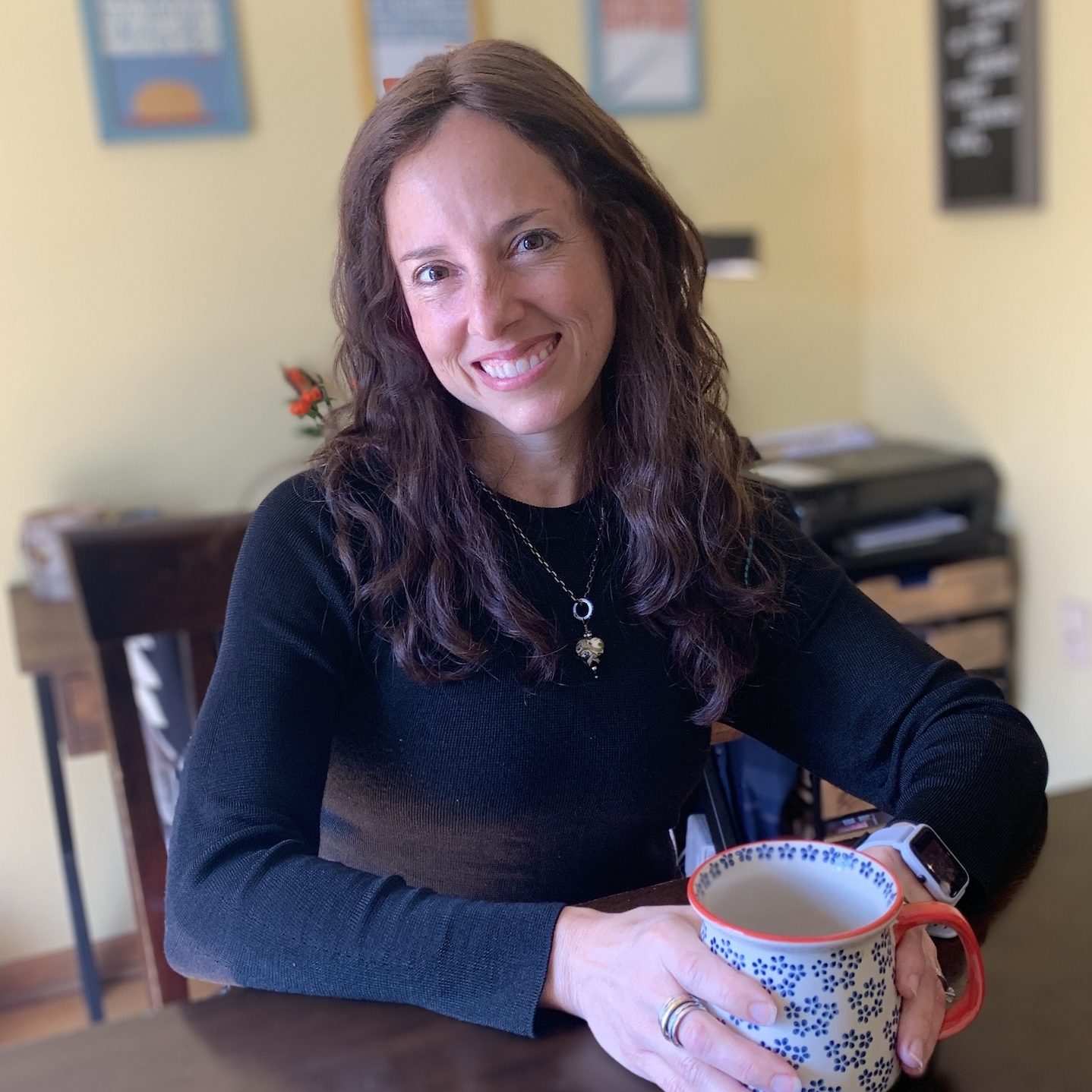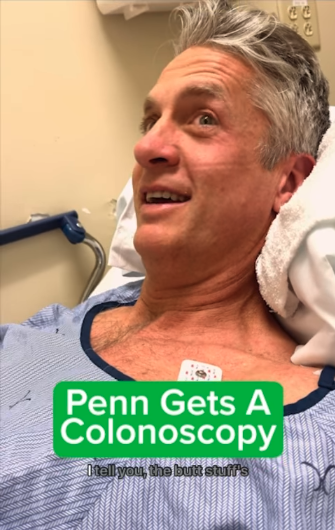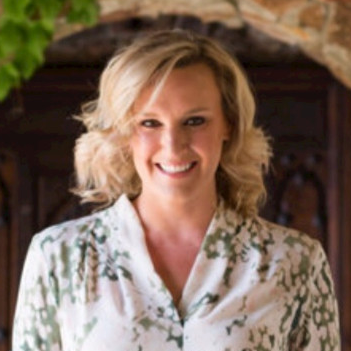Leveraging the Power of Social Media Influencers
Short-form video content shared by influencers on TikTok, Instagram Reels, and YouTube Shorts reshapes how people consume health and wellness information, especially among younger generations. Influencer marketing taps into this growing trend.
// By Wendy Margolin //
 Imagine you’re a few months past your 45th birthday and dreading your first colonoscopy. You see a blog on the topic that reminds you to make an appointment, but your busy schedule means you push it off.
Imagine you’re a few months past your 45th birthday and dreading your first colonoscopy. You see a blog on the topic that reminds you to make an appointment, but your busy schedule means you push it off.

Later, a popular influencer like Penn from @theholdernessfamily shows up in your Instagram feed, prepping for a colonoscopy. He chugs his prep juice, walks his 1.4 million followers through the process and shows up at the end to let you know it was worthwhile.
Finally, you schedule the appointment.
Influencers are a powerful way for health systems to reach new patients and community members.
“We’re seeing Gen Z and even millennials lean into the digital space of AI and social media more and more when it comes to their healthcare, so they’re definitely turning to the influencer space more often,” says Erin Killion, director of client strategy, healthcare, Goodway Group.

Erin Killion, director of client strategy, Goodway Group
Killion shared her insights during a recent eHealthcare Strategy & Trends webinar, “Unveiling the Power of Influencer Marketing in Healthcare,” with co-presenters Katie Steeb, senior media manager at Goodway Group, and Aundrea Leckie, associate director, account management (West) at Open Influence.
Read on for tips on how to get started with influencer marketing and expert advice on how to plan and implement a successful campaign.
This content is only available to members.
Please log in.
Not a member yet?
Start a free 7-day trial membership to get instant access.
Log in below to access this content:

